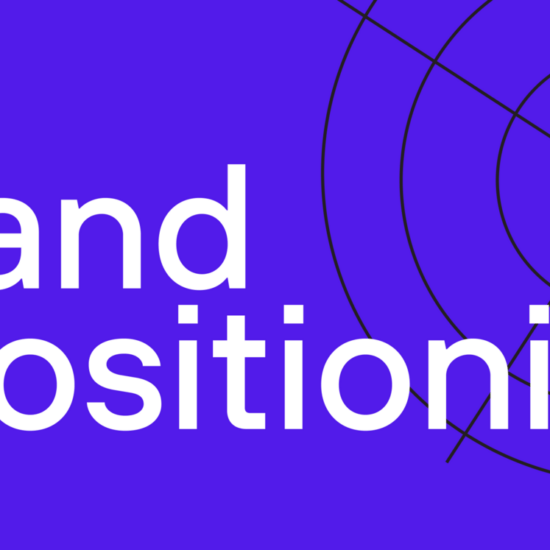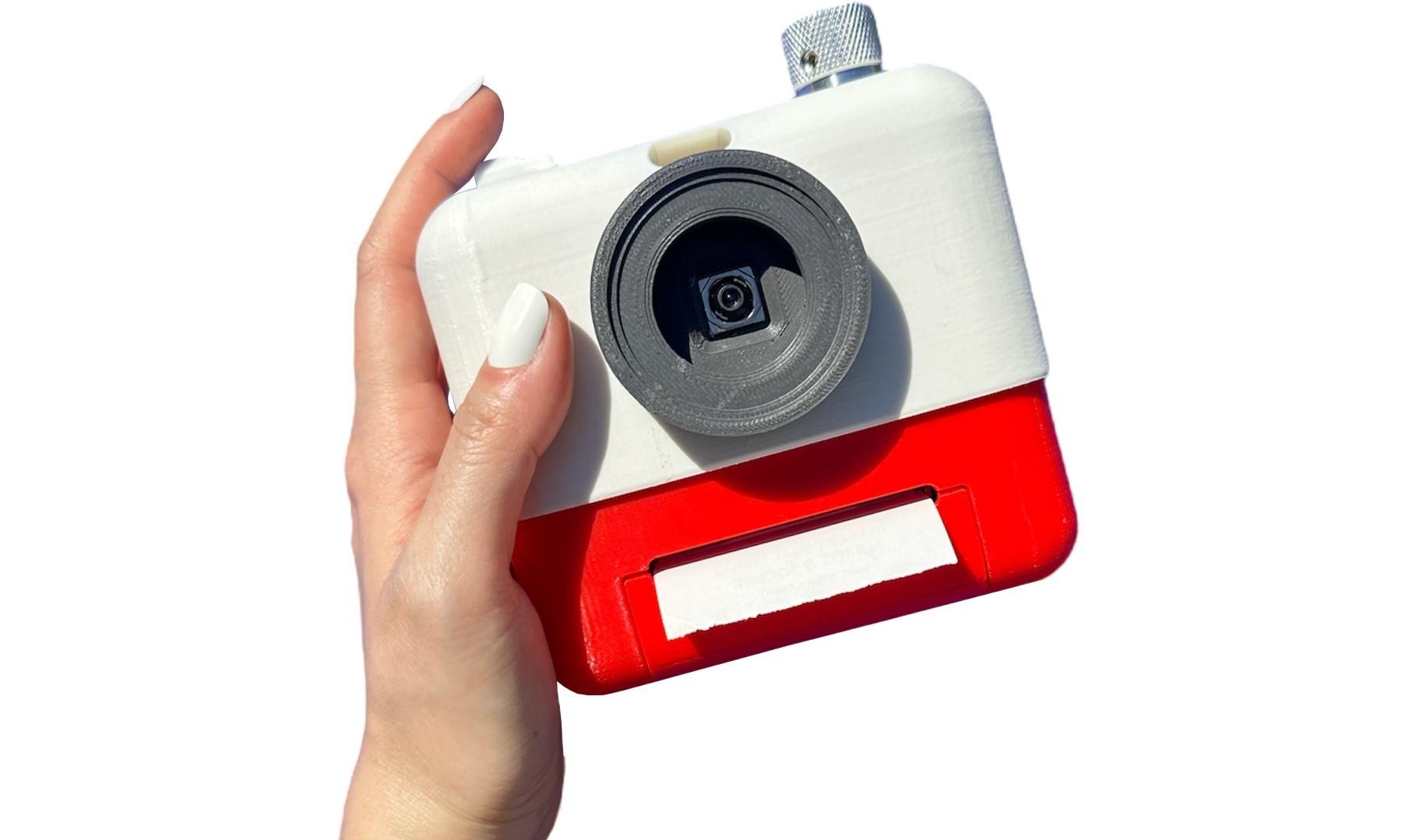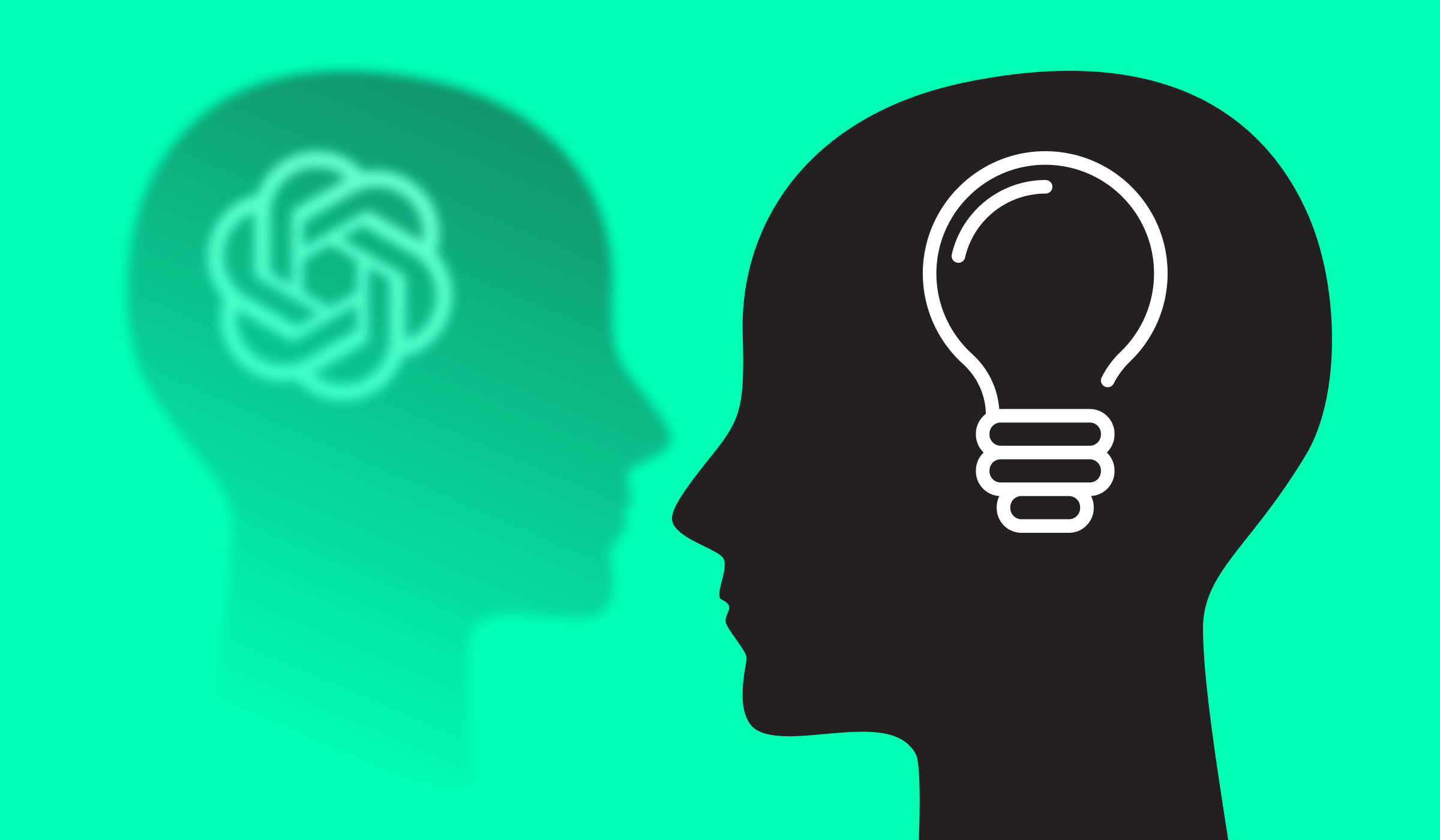
ChatGPT is Useful… But it Can’t Replace Real Human Experience
Artificial intelligence can help you complete a diverse range of digital marketing tasks, but there’s one thing tools like ChatGPT can never replace – human creativity. That’s according to our Senior Content Writer, Mike Tuckerman.
On the days I work from home, I sometimes stop and stare at the same piece of art on the walls of my home office that was once owned by Vincent van Gogh.
It’s an original artwork, not a reprint or a facsimile, and the version I own is in much better condition than the water-damaged copy the Dutch painter bought in Paris in the winter of 1888.
It’s a Japanese woodblock print by Hiroshige – number 92 from his legendary 100 Famous Views of Edo series – and aside from a faint centrefold line, my second edition is in flawless condition.
I bought it online for a knock-down price from an art dealer who eventually relented to my unsophisticated buying tactics. I simply pretended not to know what the print was, and told the dealer I was in the market for “something colourful” for my home office.
But I know a lot about Japanese woodblock prints – a few years ago, I set a record price at auction for a rare Tsuchiya Koitsu shin hanga – and these days if I’m ever short on inspiration, I can look up and be inspired by the same sort of art that once inspired Vincent van Gogh.
Yet I can’t help but wonder what ChatGPT would make of all this.
Would it salute Hiroshige – one of the greatest visual artists in the history of modern art?
Would it chastise van Gogh – whose brother Theo warned him repeatedly against buying damaged Japanese woodblock prints the pair had no hope of re-selling?
Would it label me a hero, or the villain, for my unscrupulous negotiating tactics with an unsuspecting art dealer?
Or would it, as I suspect, struggle to say anything remotely insightful about the sort of human creativity required to paint a picture, negotiate a sale, or even just to write something in an informative, free-flowing, lyrical tone of voice?
Are you Writing in Your Own Voice?
I can understand why so many people who work in the digital space were thrilled when ChatGPT was launched.
As a content creation tool, it can shave hours off what can often be a laborious task of piecing a long-form piece of content together.
As a research tool, it can be equally efficient. Where once you had to trawl the internet to pull together a diverse range of sources, now you can just prompt ChatGPT to do the work for you.
But there are some obvious downsides – starting with the fact there’s no real way to tell where the results that ChatGPT generates even come from.
Has the research been verified? Is it plagiarised? There’s no way to tell.
But worse than that is surely the fact that so much of what ChatGPT regurgitates sounds exactly the same.
When it first started doing the online rounds, I came across a LinkedIn post from a lawyer who waxed lyrical about ChatGPT’s writing abilities.
“It can write a social post like this in seconds,” our lawyer friend gushed at the time. “And you can’t even tell it was written by AI!”
“You can’t tell it was written by your law firm either,” I thought in response. “And every law firm that uses it now sounds exactly the same as yours.”
More recently, someone asked me whether I’d used ChatGPT to write an email subject line.
Putting aside the fact that I’d back my own writing abilities over ChatGPT’s any day of the week, what struck me was just how impractical the suggestion was.
It literally would have been quicker – and, indeed, it was – just to use my own brainpower and write the subject line myself.
Yet an unspoken side effect of all these AI tools is that using them seems to encourage us to stop thinking for ourselves.
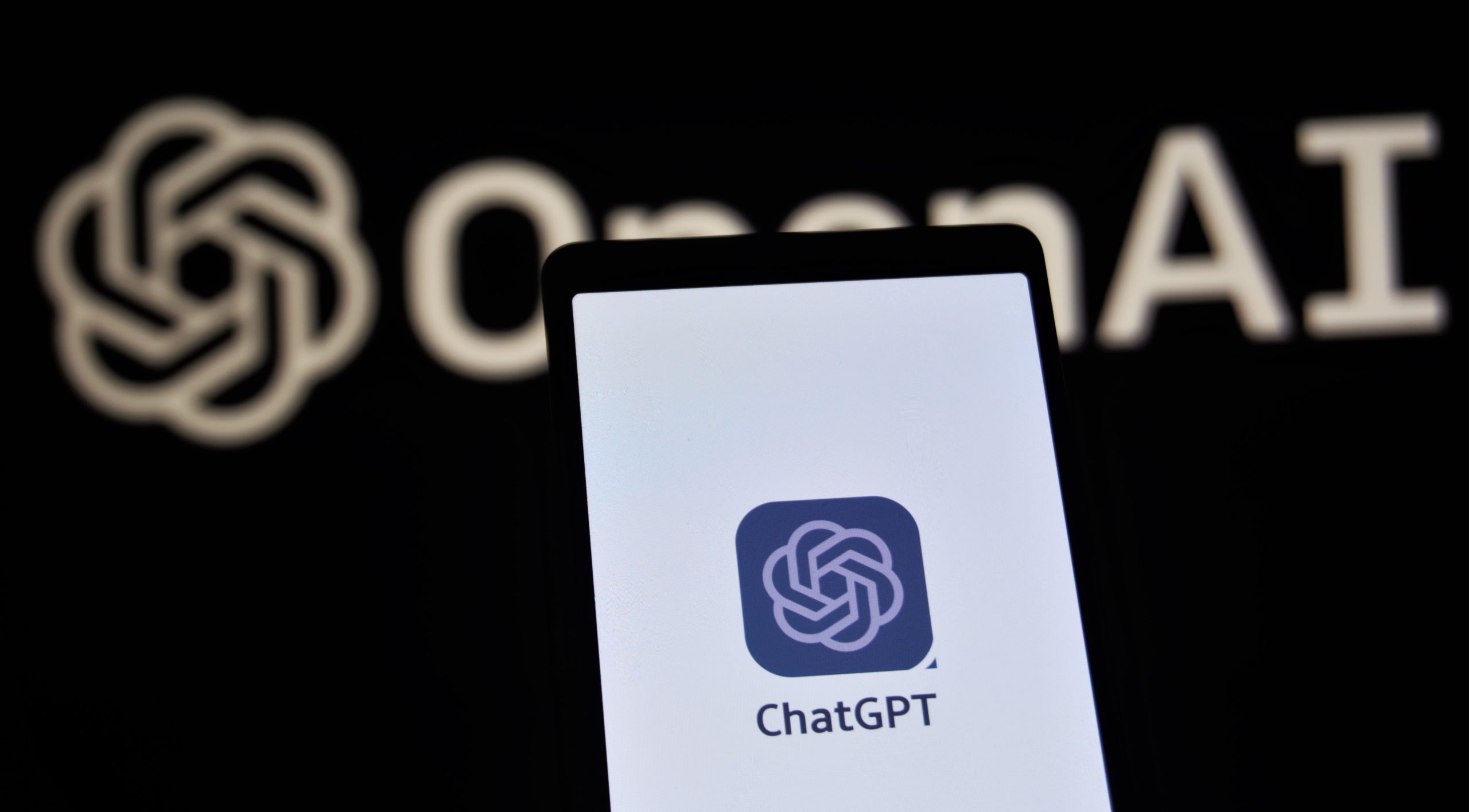
Are ChatGPT and friends preventing us from thinking for ourselves? Credit: Mojahid Mottakin on Unsplash.
The Human Experience Comes from Being Human
I’m the first to admit I’m not the world’s greatest writer. I won’t be winning the Nobel Prize in Literature any time soon.
But whatever writing ability I’ve cobbled together over the years is largely the product of being reasonably well-read.
I started reading voraciously as a teenager and I’ve pretty much never stopped.
This year alone, among other books, I’ve read a hugely entertaining biography of punk rock legend Keith Morris, The Master And Margarita – Mikhail Bulgakov’s indelible classic that I’d always been too lazy to pick up – one of those massive Taschen biographies on cantankerous Impressionist painter Claude Monet, and Julia Meech’s jaw-dropping Frank Lloyd Wright and the Art of Japan.
I’ve just finished the anthology of Raymond Chandler short stories, Killer In The Rain, I’m midway through Japanese classic The Wild Geese by Mori Ogai, and when I finish that, I’ll try and find some time to read one of the five newspaper and magazine subscriptions that periodically drop into my mailbox.
In other words, I read a lot. And I’d be lying if I said I wasn’t concerned about a future where the act of reading – and the ability to critically analyse what has been written – is outsourced to a piece of software.
But I’d also be lying if I didn’t admit that I also use ChatGPT in my day-to-day work.
I use it to generate ideas, I use it to start my research, and I use it to help me create an outline on topics I don’t have much personal knowledge of.
In that regard, there’s no doubt ChatGPT and other AI tools like it can genuinely help writers like me save time and produce more content at a faster pace.
But what ChatGPT can’t do is replace the human experience. It can’t think like a real person.
No matter how powerful a chatbot’s deep learning language engine may be, or how convincing an amalgam of previously-written content it spits out, it simply can’t match the unique power of our own minds.
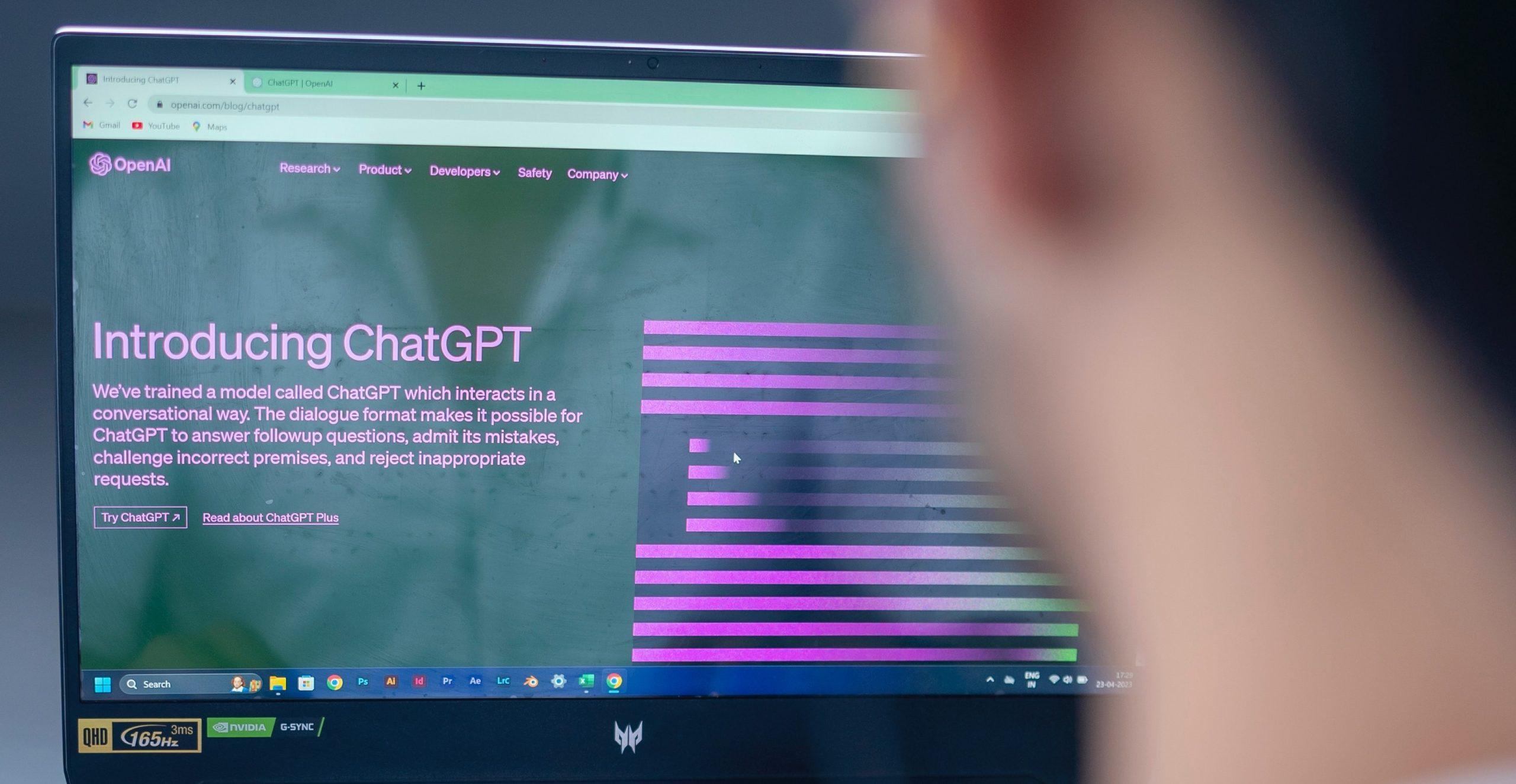
ChatGPT can’t replace the human experience. Credit: Viralyft on Unsplash.
ChatGPT – Like a Box of Chocolates
I don’t need a chatbot to write highly personal content for me. I already know how to do that.
And there’s no telling what ChatGPT will ultimately come up with.
Like the New York lawyer who was fined for submitting fake citations – turns out he’d done all his legal research on ChatGPT, which promptly invented a bunch of fictitious cases – there’s a time and a place for relying on technology to do your job for you.
Use ChatGPT, by all means, to help with your content creation. But use it cautiously.
Otherwise you might end up with Vincent van Gogh being a successful Japanese woodblock print dealer, Keith Morris writing The Master And Margarita, and long-form content that showcases the expertise of a piece of software… not your own.
And if you are looking for a real-life content writer to write some informative, free-flowing copy for you, drop us a line at dare@huntandhawk.com and let’s chat.
For more marketing, branding, and sales tips and insights and plenty else, check out more of our blog.

